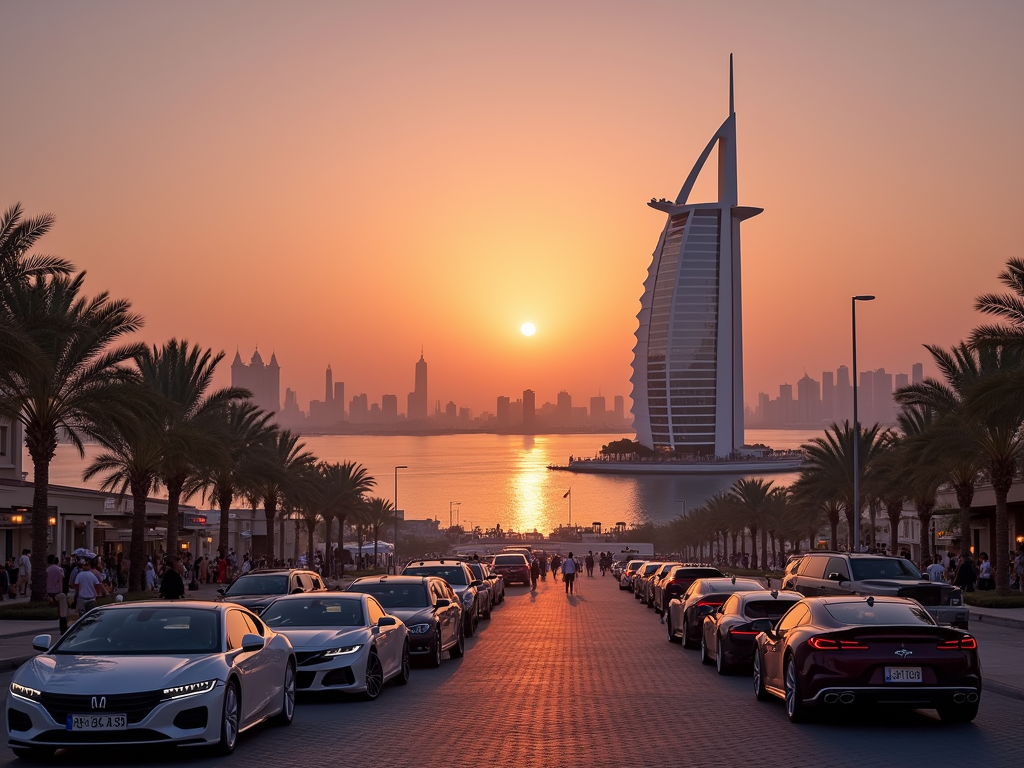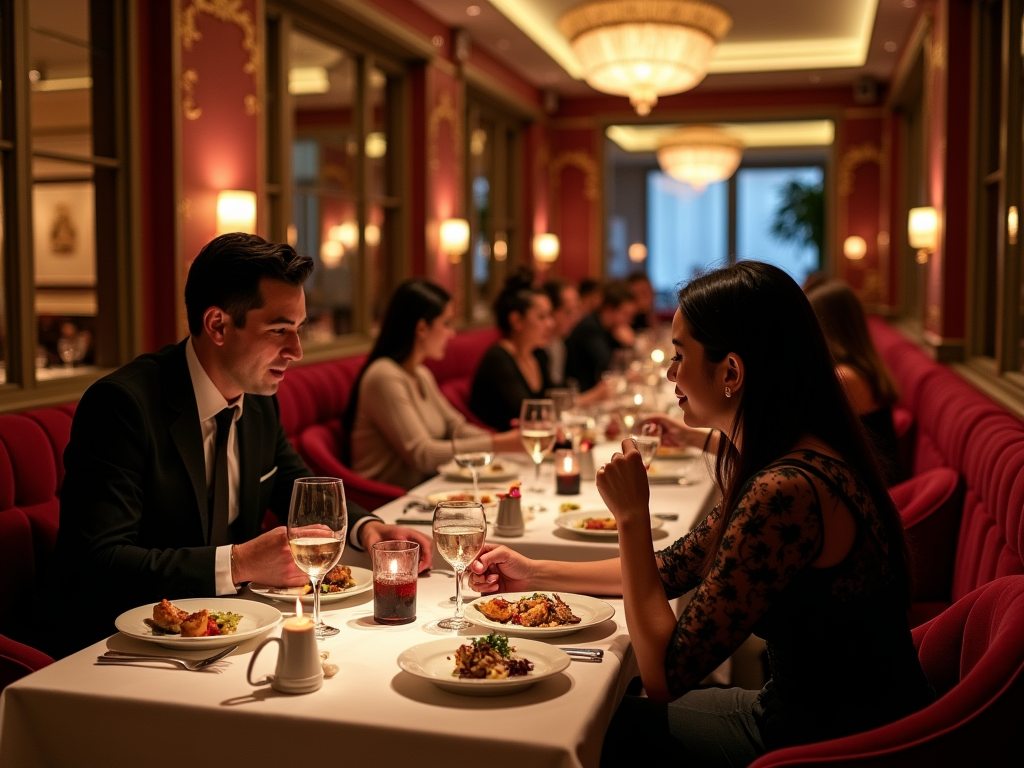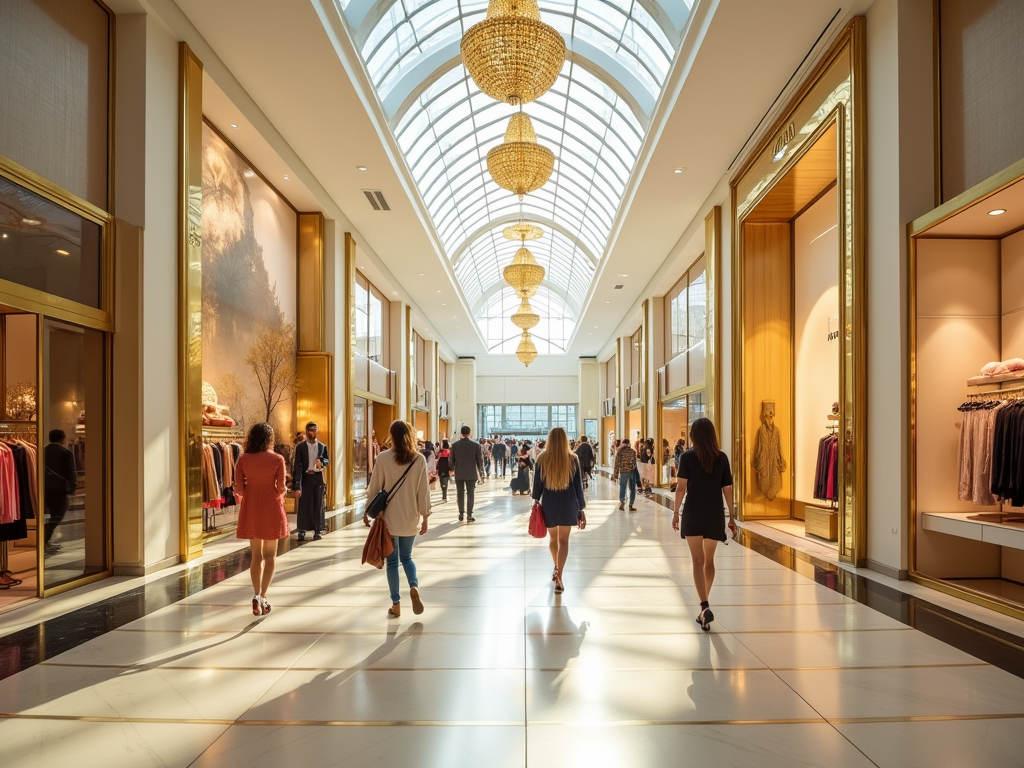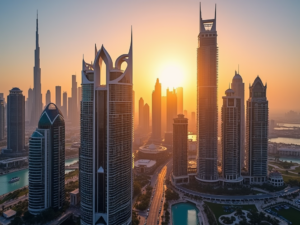Dubai has established itself as a global leader in luxury goods and services by cultivating an environment that attracts affluent consumers and businesses alike. Key factors include strategic geographic positioning, economic diversification, unprecedented infrastructure developments, and a vibrant tourism sector. Together, these elements create a unique allure for luxury brands and high-net-worth individuals. This article will delve deeper into the factors contributing to Dubai’s status as a luxury hub and how they have transformed the city’s economy and international reputation over the years.
The Strategic Geographic Positioning

Dubai’s prime geographic location plays a crucial role in its ascent as a luxury destination. Situated at the crossroads of Europe, Asia, and Africa, it serves as a significant connecting point for international trade. The city is home to the world’s busiest international airport, allowing for seamless travel and an influx of wealthy tourists and business executives. This strategic positioning facilitates a robust flow of commerce, particularly for luxury goods. Moreover, each year, Dubai hosts several high-profile events that attract global attention, including international fashion weeks and luxury expos. Such events significantly bolster the luxury marketplace.
Economic Diversification and Free Trade Zones

Dubai’s proactive approach to economic diversification explains its thriving luxury market. Historically reliant on oil revenues, the government implemented policies to develop various sectors, such as tourism, real estate, and financial services. The establishment of free trade zones has attracted numerous luxury brands to set up their operations in Dubai, ensuring tax exemptions and 100% foreign ownership. This business-friendly environment encourages brands to introduce exclusive collections and high-end products in the market. The Dubai Mall, one of the world’s largest shopping malls, epitomizes this diversification, housing hundreds of luxury brands and attracting millions of shoppers annually.
Unprecedented Infrastructure Development
The infrastructure in Dubai is remarkable and a contributing factor in its luxury appeal. The city boasts stunning architectural feats, including the Burj Khalifa, the world’s tallest building, and luxurious resorts like the Burj Al Arab. These landmarks do not merely showcase architectural prowess; they serve as marketing tools that enhance Dubai’s image as a global luxury hub. Additionally, the city’s well-developed transportation system facilitates ease of access to luxury shopping, dining, and entertainment. High-end real estate offerings, including opulent villas and penthouses, cater to affluent residents and expatriates, further bolstering the luxury market.
Tourism is a linchpin of Dubai’s economy, with the luxury segment making a substantial contribution. The city has positioned itself as an international tourism hotspot, attracting millions of visitors each year. With luxurious hotels and fine dining establishments, tourists are likely to spend significantly on upscale experiences. Dubai’s ability to integrate diverse cultures into its fabric creates a unique shopping experience, where tourists can buy luxury goods from both Western and Asian brands. Inclusive festivals and events, such as the Dubai Shopping Festival, provide tourists with an opportunity to indulge in luxury shopping like never before.
- Strategic location adjacent to major markets.
- Economic policies favoring luxury brand establishments.
- State-of-the-art infrastructure enhancing travel and shopping experiences.
- A flourishing tourism sector drawing in affluent clientele.
- A rich blend of cultures catering to diverse luxury preferences.
Conclusion
In summary, Dubai’s emergence as a global leader in luxury goods and services results from its strategic geographic positioning, economic diversification, unparalleled infrastructure development, and a vibrant tourism sector. These factors have interplayed to create a miraculous growth in luxury, attracting brands and consumers worldwide. With continuous investments and innovations in the luxury sector, Dubai is well-positioned to maintain, if not enhance, its status as a premier destination for luxury in the years to come.
Frequently Asked Questions
1. What luxury brands are present in Dubai?
Dubai features an extensive range of luxury brands, including Louis Vuitton, Gucci, Chanel, and Rolex, among many others. The Dubai Mall alone hosts over 1,200 retail stores, some of which are high-end boutiques.
2. How has the tourism sector contributed to Dubai’s luxury market?
The tourism sector significantly contributes to Dubai’s luxury market by drawing in millions of high-spending tourists annually, keen on indulging in luxury shopping and experiences offered throughout the city.
3. Are there opportunities for new luxury brands in Dubai?
Yes, Dubai continues to offer opportunities for new luxury brands, especially with its government-backed initiatives aimed at attracting foreign investment and enhancing the local luxury market.
4. What role do trade shows and exhibitions play in Dubai’s luxury segment?
Trade shows and exhibitions, such as the Dubai Shopping Festival, play a vital role in promoting luxury brands and attracting global businesses, significantly impacting the city’s luxury market dynamics.
5. How does Dubai’s culture influence its luxury market?
Dubai’s unique cultural fusion attracts luxury brands from various backgrounds, allowing for a diverse shopping experience that resonates with both locals and international consumers, continually enriching the luxury landscape.


